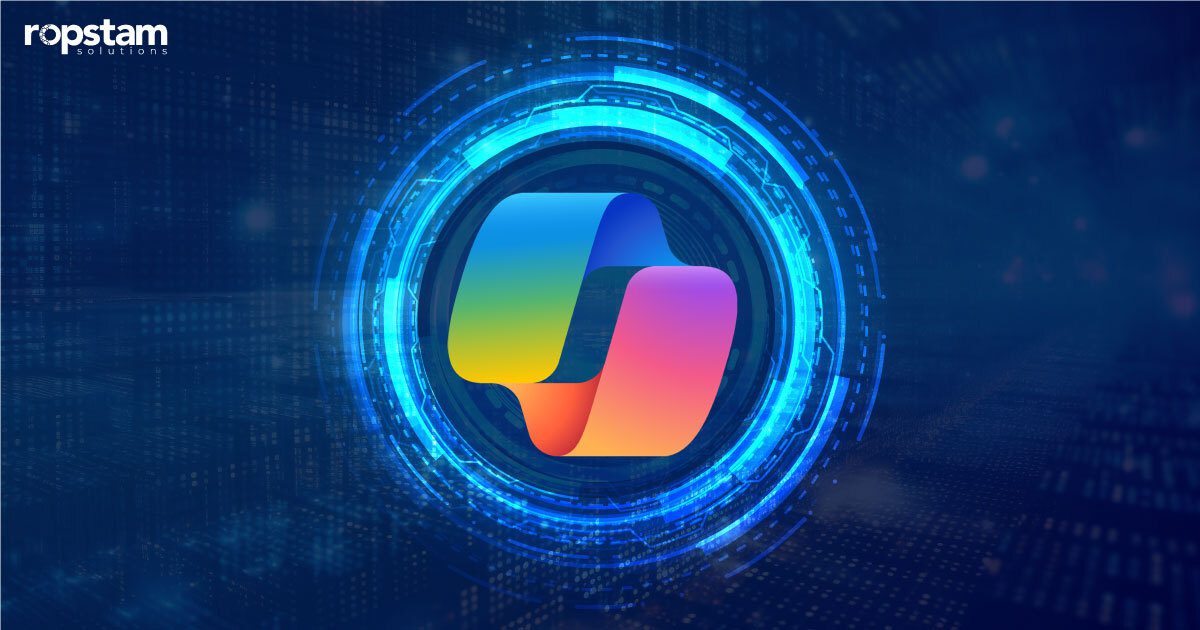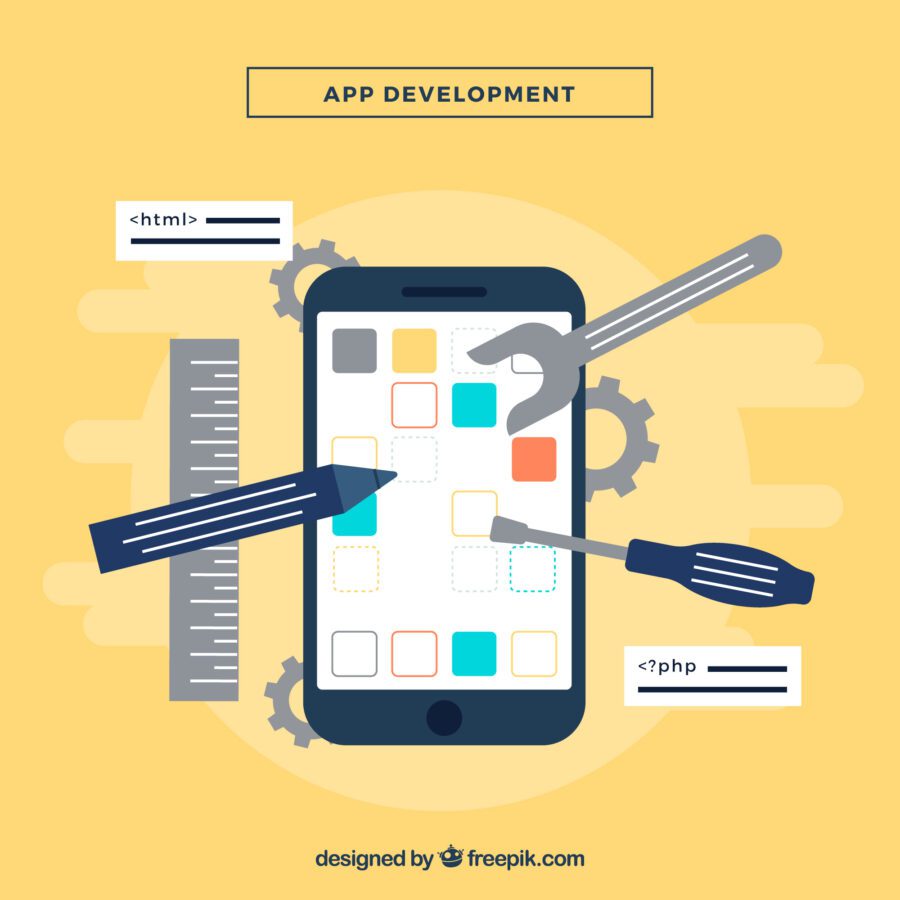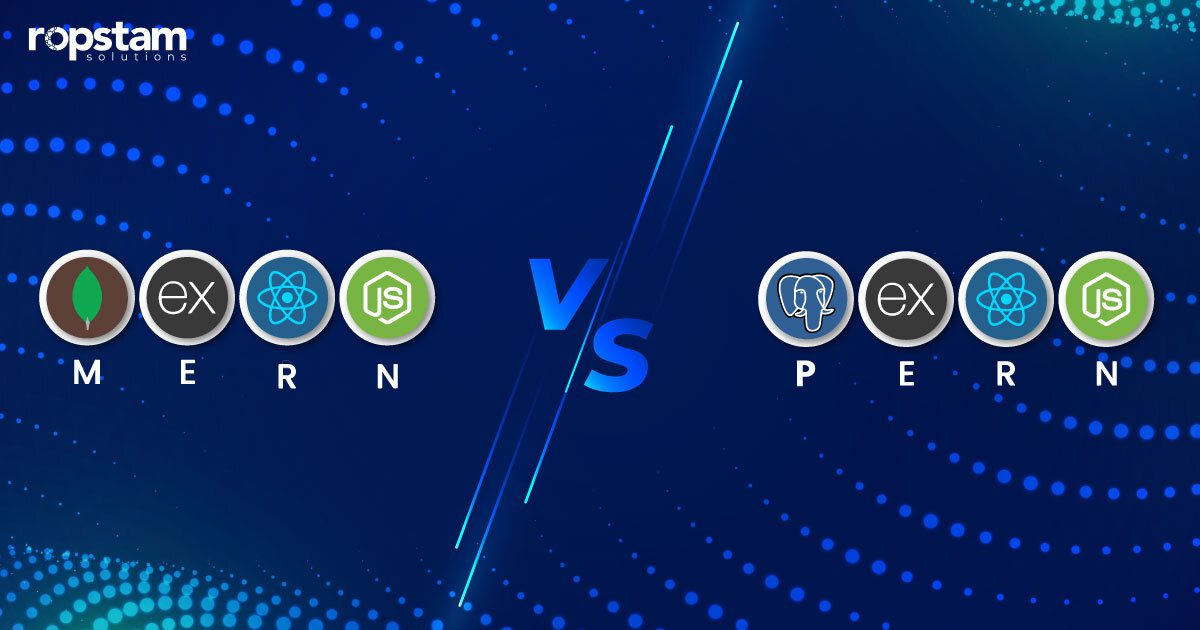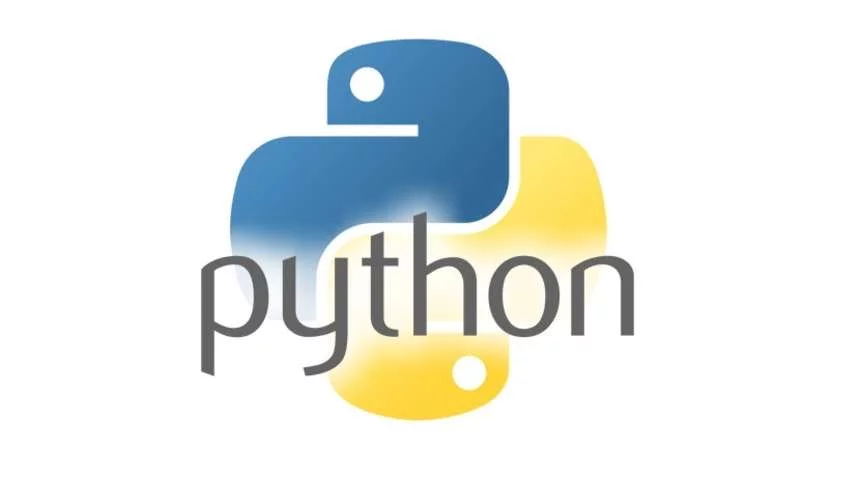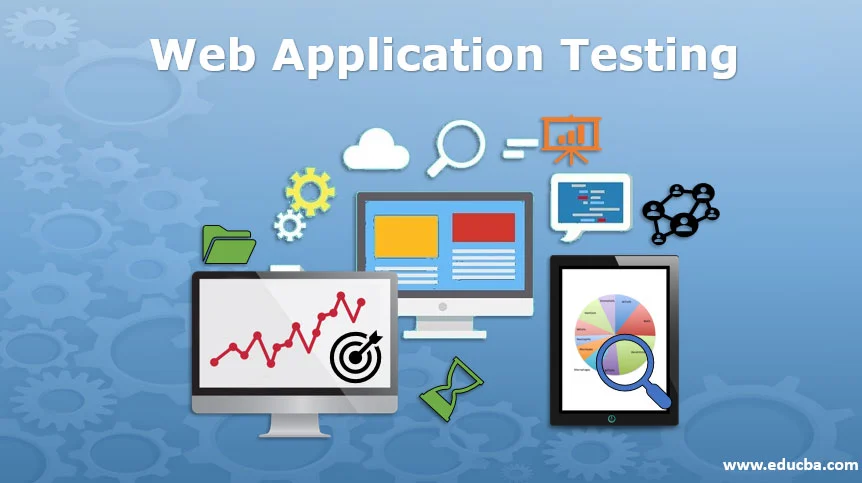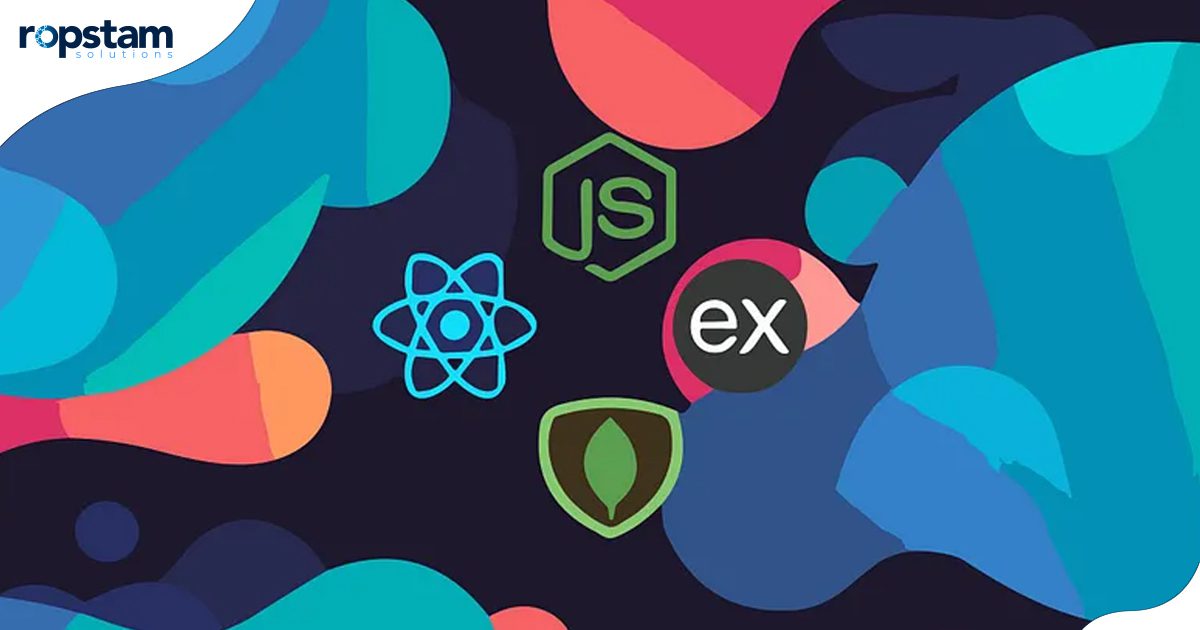GitHub Copilot, a revolutionary coding assistant powered by OpenAI’s advanced GPT-4 language model, is transforming the way software engineers work. This innovative tool, initially launched in 2021, has rapidly gained traction, with over 1.3 million users, including 50,000 businesses such as Goldman Sachs, Ford, and Ernst & Young.
Beyond its core functionality, GitHub Copilot has expanded its capabilities, now offering features such as answering queries, converting code between programming languages, and playing a crucial role in writing software, including for corporate systems. This versatility has positioned Copilot as a game-changer in the world of software development, saving engineers hundreds of hours monthly by tackling tedious tasks and freeing up time for more complex challenges.
Microsoft, which acquired GitHub in a $7.5 billion deal in 2018, aims to position Copilot as a formidable rival to other coding assistants like Tabnine, Amazon’s CodeWhisperer, and Google’s Replit Ghostwriter. The tech giant is also integrating Copilot’s AI capabilities into its suite of products, including Office, Windows, and Bing, with beta testing currently underway.
While GitHub Copilot’s potential is undeniable, it’s important to note that, like all AI systems, it has limitations. Developers have reported instances where the tool retrieves outdated code, offers unhelpful answers, or suggests buggy or potentially copyright-infringing content. Additionally, since Copilot is trained on public repositories, there’s a risk of replicating security issues or introducing new ones if recommendations are blindly accepted.
GitHub acknowledges these challenges and stresses that Copilot is an assistant, not a replacement for human programmers. The responsibility lies with users to employ the tool wisely and maintain the integrity of their codebase.
As coding assistants like GitHub Copilot continue to evolve, their transformative potential in the software development industry becomes increasingly evident. By automating repetitive tasks and simplifying the coding process, these tools have the power to redefine how engineers work, freeing up valuable time and resources for more innovative and creative endeavors.

